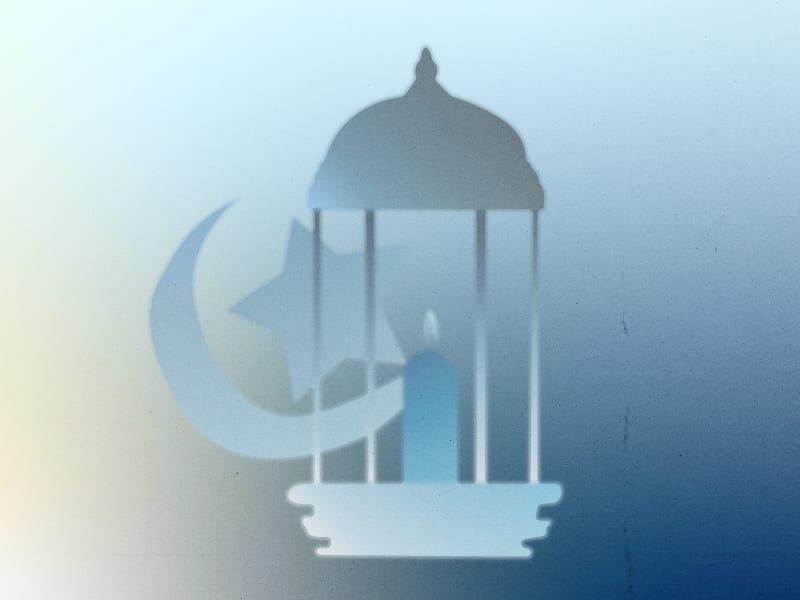Eid al-Adha begins
This festival honors the sacrifice the prophet Ibrahim was willing to make for Allah.

This festival honors the sacrifice the prophet Ibrahim was willing to make for Allah.
Lauren Embling
Reviewer URLNames: Eid al-Adha, ʿĪd al-Qurbān, al-ʿĪd al-Kabīr, Kurban Bayram
Pronunciation: eed el ADH-hah
This festival honors the sacrifice the prophet Ibrahim was willing to make for Allah.
Origin
Eid al-Adha, which means “Feast of Sacrifice,” celebrates an event documented in the Muslim holy book, the Qurʾān. In the story, the prophet Ibrahim was willing to sacrifice his son, Ismail, to Allah. However, Allah stopped Ibrahim and sent Angel Jibreel with a sacrifice of a ram instead. Eid-al Adha is commonly referred to simply as “Eid,” as is Eid al-Fitr.
When is it observed
Eid al-Adha begins on the 10th day of the month of Dhul-Hijja in the Muslim calendar, and typically lasts three to four days. It coincides with Hajj, the annual pilgrimage made by Muslims to the holy city of Mecca in Saudi Arabia.
Traditions
As a nod to Abraham’s sacrifice, Muslims, if possible, symbolically sacrifice an animal like lamb, goat, cow, or camel for meat, sharing some of it with family and friends and giving a large portion to those in need. Other traditions are similar to that of Eid al-Fitr. It begins with communal prayer, or ṣalāt, at daybreak on the first day, and over the next four days, friends and family may visit with one another, exchange presents, visit the graves of loved ones, attend Mosque and participate in acts of charity.
About Ibrahim
Ibrahim (also known as Abraham) figures prominently in Jewish, Christian and Muslim religious history. In Islam, he is considered a prophet and messenger of Allah. Over his lifetime, he remained committed to Allah, undergoing trials and commandments without question. As the story goes, at the age of 100, he had a son named Isaac, who he was willing to sacrifice if Allah commanded it. Muslims believe Muhammad was a descendant of Ibrahim.